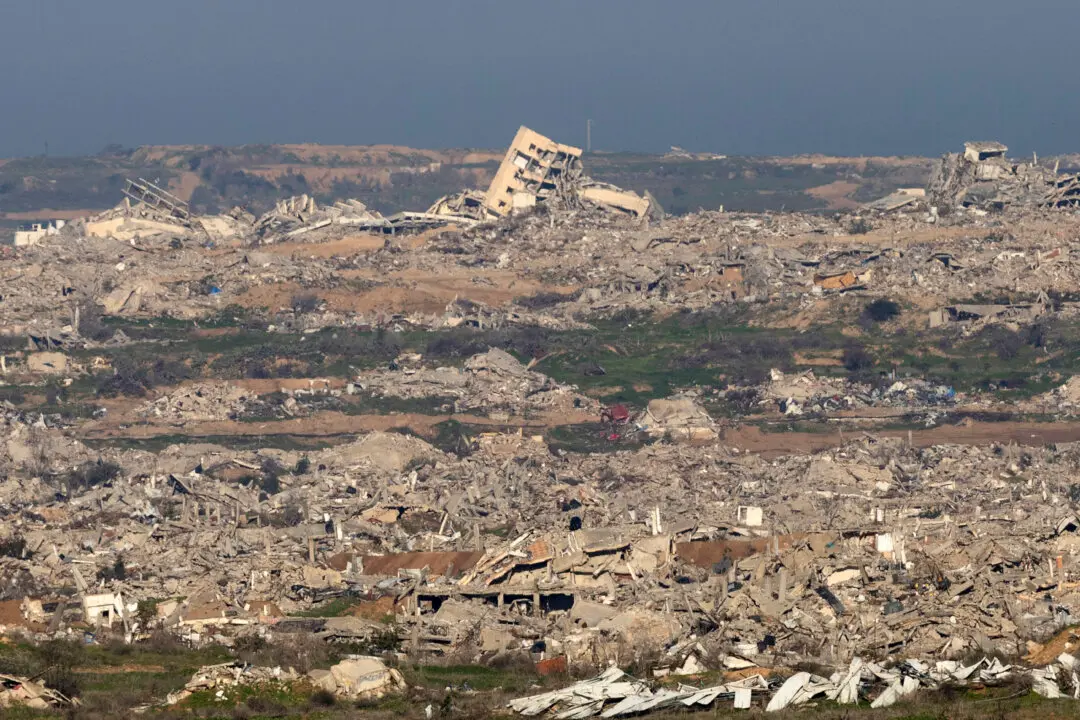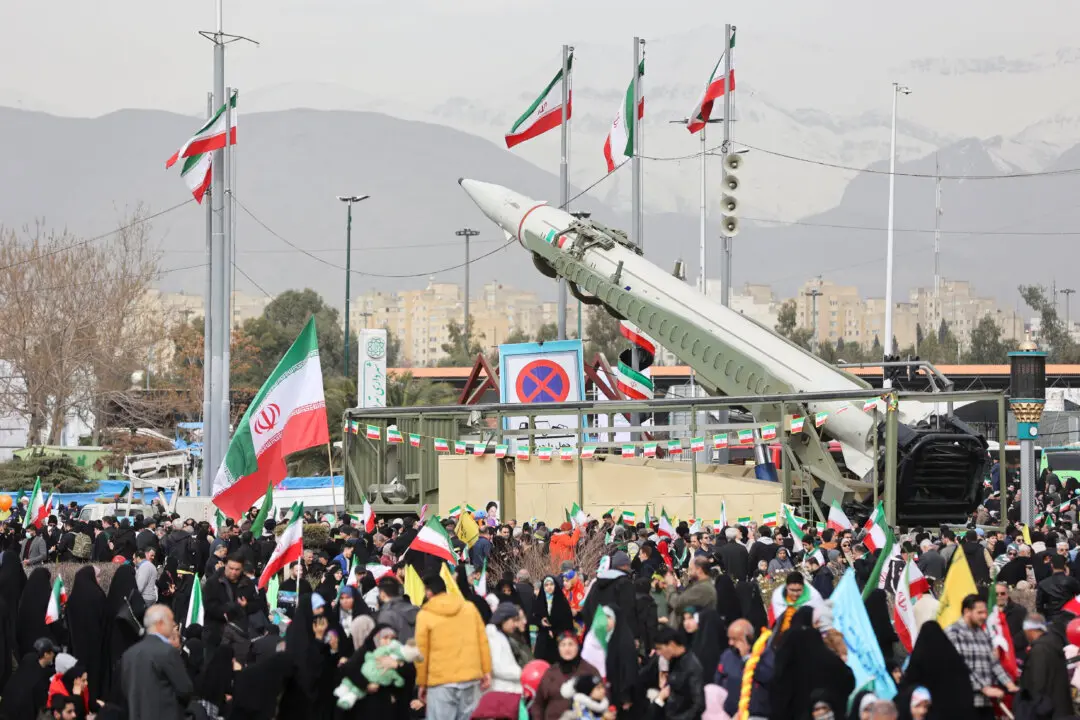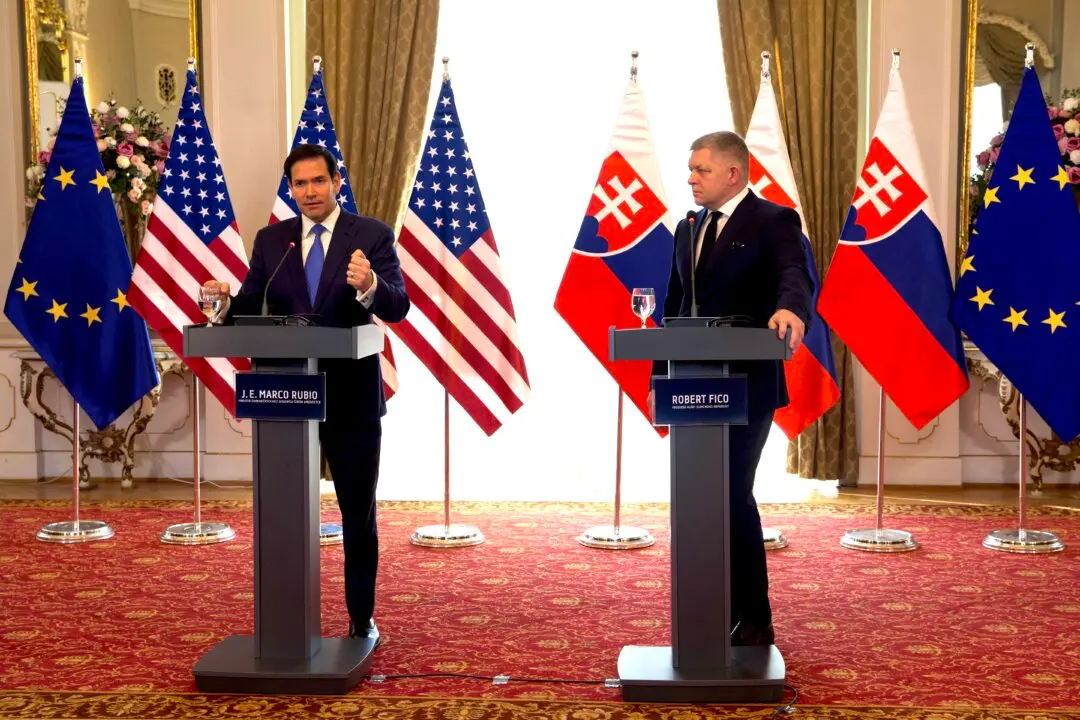A federal judge on April 10 said she would block the Trump administration from revoking the temporary legal status of hundreds of thousands of Venezuelans, Nicaraguans, Haitians, and Cubans residing in the United States.
U.S. District Judge Indira Talwani in Boston said the Department of Homeland Security’s late March decision to end the Biden-era two-year humanitarian parole program for immigrants from those four countries was based on a misinterpretation of the law.





